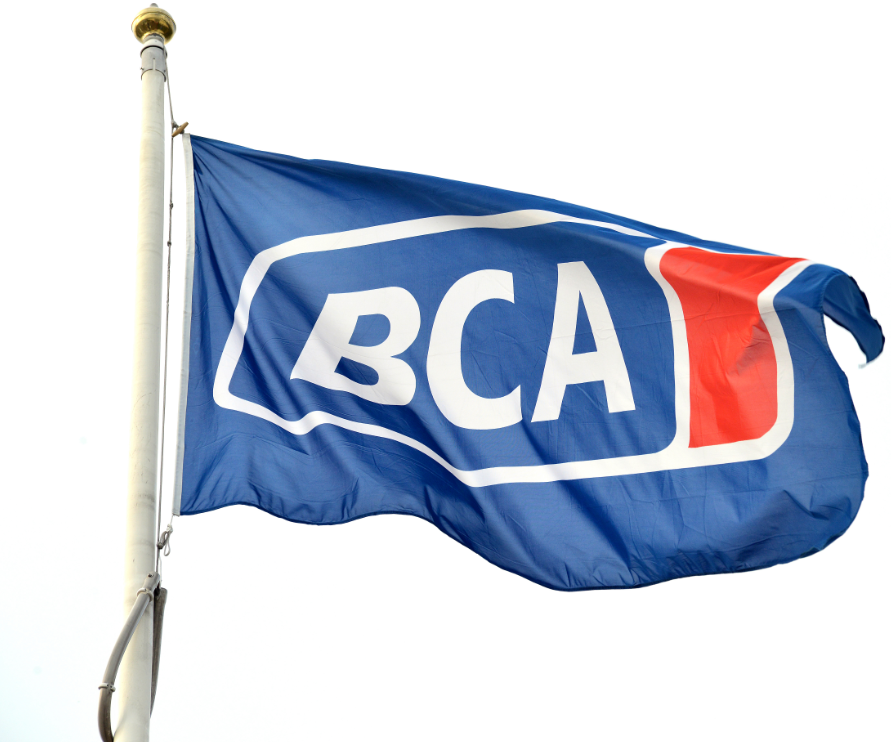 The Court of Appeal recently reminded us of the application
The Court of Appeal recently reminded us of the application
of the statutorily implied term regarding the fitness for purpose
of goods, which is important to finance companies where dealers
arrange the financing of the vehicles they supply.
In BSS Group PLC vs Makers (UK) Ltd
(t/a Allied Services), the court confirmed that under s14(3) of the
Sale of Goods Act 1979, the questions that have to be answered
are:
- Did the buyer, expressly or
by implication, make it known to the seller the purpose for which
the goods were being bought? - If so, were the goods
reasonably fit for that purpose?
If they were not, has the seller
shown that:
- the buyer did not rely upon
its skill and judgement; or - if it did, that it was
unreasonable for the buyer to do so?
Whether a particular purpose was
made known to the seller is a question of fact. The purpose can be
made known expressly, or implied, perhaps by reference to other
items that the buyer is also acquiring from the seller at the same
time.
Once the purpose has been made
known, there is a presumption that the goods will be fit for that
purpose.
In BSS, the buyer was acquiring a
plastic piping system. The court held that it had, by implication,
made it known to the supplier that the valves it also needed to buy
for the same project needed to be compatible with those pipes.
How well do you really know your competitors?
Access the most comprehensive Company Profiles on the market, powered by GlobalData. Save hours of research. Gain competitive edge.

Thank you!
Your download email will arrive shortly
Not ready to buy yet? Download a free sample
We are confident about the unique quality of our Company Profiles. However, we want you to make the most beneficial decision for your business, so we offer a free sample that you can download by submitting the below form
By GlobalDataTherefore, the supplier knew all it
needed to know in order to exercise its skill and judgement as to
whether the valves supplied were compatible. They were not – and
therefore they were not fit for purpose.
As to whether the buyer relied upon
the seller’s skill and judgement, the court held that where a
purpose has been made known, an assumption of reliance is generally
inferred. The seller can only defeat that assumption by proving
that the buyer did not rely, or that it was unreasonable to rely,
on the seller’s skill and judgement.
Comment
The important point for motor
finance companies is that the buyer only needs to make the dealer
aware of the purpose for which the vehicle is supplied to fix the
finance company with knowledge.
In the usual course of events, it
will be the dealer, not the finance company, which has the dealings
and conversations with the buyer.
However, the buyer will still need
to reject the vehicle and bring a claim for damages against the
finance company in order for that rejection to be effective. If
that occurs, the dealer may well then find itself on the end of a
claim for an indemnity from the finance company.
The author is a partner in
Wragge & Co’s finance, insolvency, recoveries and sales
team







